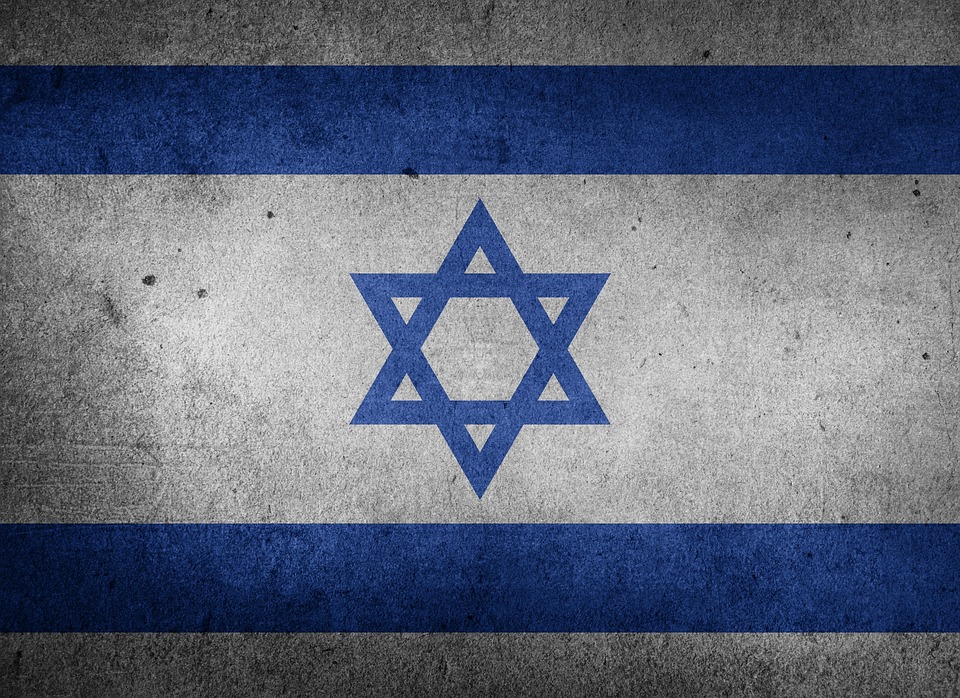Will Israeli gas save Europe? Le Monde Report

Thanks to the agreement with Lebanon, Israel could replace 10 percent of Russian gas supplies to Europe. The Le Monde article
The Jewish state, which has initiated rapprochement with its Arab neighbors through its exports, also promises to supply Europeans with the equivalent of 10% of the supplies made by Russia before the war.
The gas agreement signed on Tuesday 11 October with Lebanon promises to strengthen the energy security of Israel, a modest producer, which began exploiting its fields in 2004. These resources – writes the Le Monde journalist – largely contribute to the electricity generation and the operation of energy-intensive water desalination plants. But the deal also strengthens its export ambitions.
The Jewish state promises to supply gas to Europe at a time when the war in Ukraine drives world prices up. From this point of view, the text of the agreement concluded with Lebanon on maritime borders has the main merit of recognizing full Israeli sovereignty over the Karish field, a small reserve estimated at 1.75 trillion cubic meters. Its exploitation could begin within a few weeks.
"From a strategic point of view, this agreement is a mistake: it rewards Hezbollah, which may consider in the future that Israel can bow to its war threats," denounces Yaakov Amidror, who led the National Security Council during previous border negotiations. with Lebanon at the beginning of the 2010s, and which considers the path established on Tuesday too favorable to Beirut. "But it is a good agreement in economic terms – he admits – as well as for our relations with the United States", mediator in the discussions between the two countries.
Contribute to the efforts of the West
In September, in Berlin, Prime Minister Yair Lapid promised: "We will be part of the efforts to replace Russian gas in Europe". While Israel refuses to provide military support to Ukraine, Lapid intends to contribute to Western efforts, providing Europe with 10% of what Moscow provided before the war, or 15.5 billion cubic meters. It seems like a very ambitious goal.
Israel owns 0.3% of the world's reserves and produces just 20 billion cubic meters per year. It exports a dozen, from the vast Leviathan camp. The oldest field in Tamar supplies most of the internal consumption.
These exports are mainly regional. Israel uses its gas to strengthen ties with two Arab states, Egypt and Jordan, with which it signed peace treaties in 1979 and 1994. In 2020, the Jewish state opened the doors of Leviathan to them. This deal has attracted strong criticism in Jordan, where 80% of electricity is produced from Israeli gas. As for Egypt, in June it signed a letter of intent with Israel and the European Union to liquefy the gas on its territory and transport it to Europe. Again, the capabilities are limited.
Since 2019, the participation of these two Arab countries in the Eastern Mediterranean Gas Forum, alongside Israel and the Palestinian Authority, has reinforced this logic of rapprochement. Finally, by normalizing relations with the UAE from 2020, Israel has once again played the gas card. In September 2021, a national company sold its 22% stake in the Tamar field to an Emirati sovereign wealth fund, Mubadala.
(Extract from the press review of eprcomunicazione)
This is a machine translation from Italian language of a post published on Start Magazine at the URL https://www.startmag.it/energia/israele-gas-europa-egitto-giordania/ on Sun, 16 Oct 2022 06:04:21 +0000.
